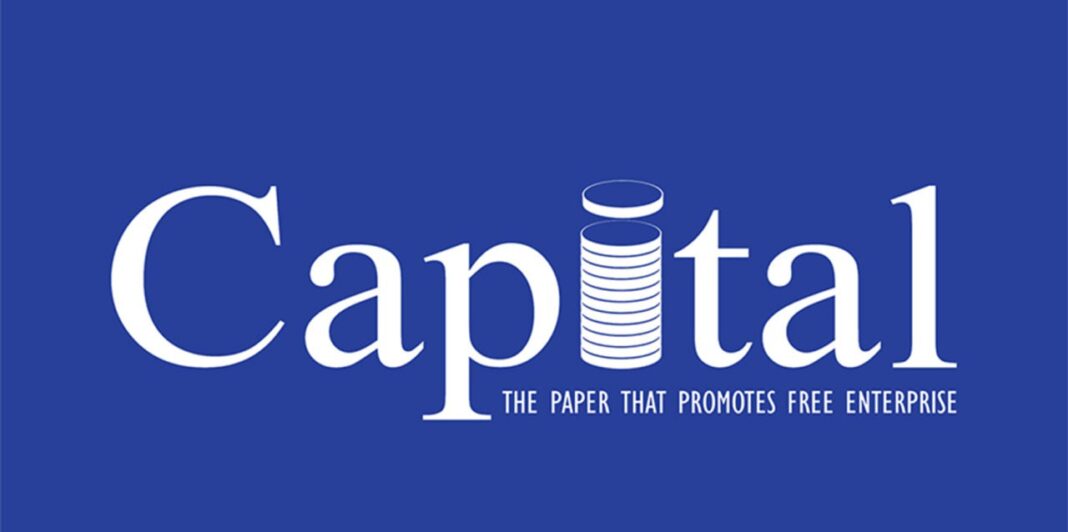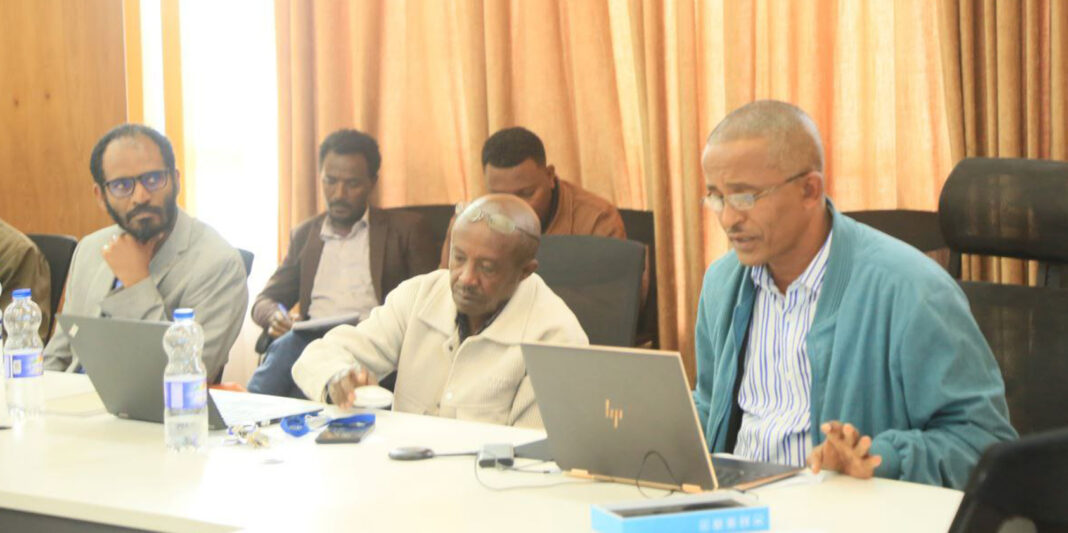Ethiopia has failed to achieve its ambitious target of graduating from a low-income to a lower-middle-income country by 2025, according to the latest World Bank fiscal year 2026 revenue allocation report. The country’s economic status is now classified as “unclassified,” signaling uncertainty about its economic trajectory and raising concerns among experts and investors.
The “unclassified” designation reflects a temporary status largely attributed to incomplete or insufficient Gross National Income (GNI) data meeting the World Bank’s criteria. However, analysts point to deeper structural issues tied to Ethiopia’s ongoing economic reform program, which has been supported by the International Monetary Fund (IMF) and the World Bank since its official launch in July 2024.
A key factor undermining Ethiopia’s progress is its heavy public debt burden. According to the World Bank’s 2024 Public Sector Debt Statistical Bulletin, Ethiopia’s total public sector debt stood at approximately $50.9 billion as of September 30, 2024, down 26.11% from $68.9 billion in mid-2024. While this nominal reduction is promising, the composition of the debt paints a more complex picture.
External public debt increased by 7.4%, while internal debt decreased sharply due to the Ethiopian birr’s depreciation against the U.S. dollar. As a result, Ethiopia’s total public debt now exceeds 50.3% of GDP, with external debt alone accounting for 30.9%. Both figures surpass the internationally recognized debt sustainability thresholds for low-income countries, which are 35% for overall public debt and 30% for external debt.
Experts warn that this elevated debt level, combined with foreign exchange pressures and the country’s ongoing economic reforms, threatens Ethiopia’s financial stability and investment climate. “The ‘unclassified’ status is a reflection of short-term instability caused by reforms and external debt pressures,” said one economist familiar with the country’s fiscal outlook.
Ethiopia’s reform agenda, launched in mid-2024, aims to modernize the economy, improve governance, and attract foreign investment. However, the reforms have also introduced volatility, particularly in exchange rate adjustments and fiscal management. While the depreciation of the birr has helped reduce domestic debt burdens when measured in dollars, it has simultaneously increased the cost of servicing foreign debt.
The World Bank’s income classification system, based on per capita GNI, sets the threshold for low-income economies at $1,135 or less, and for lower-middle-income economies between $1,136 and $4,495. Ethiopia’s current data gaps and economic challenges have left it in limbo, unable to meet the criteria for reclassification despite ongoing development efforts.
Beyond debt and reform hurdles, Ethiopia faces persistent challenges in poverty reduction, macroeconomic stability, and recovery from recent conflicts and climate-related shocks. While infrastructure development and human capital investments have advanced, these gains have been uneven and insufficient to fully offset economic headwinds.
The World Bank and IMF continue to provide financial and technical support to Ethiopia, emphasizing the importance of sustainable debt management and structural reforms. However, questions remain about the accuracy and transparency of debt sustainability analyses, prompting calls for more robust monitoring and policy adjustments.
Ethiopia’s failure to achieve its middle-income status by 2025 is a setback but not an insurmountable one. Experts emphasize that the “unclassified” status is a temporary outcome tied to data and transitional factors. With continued reform, prudent fiscal management, and international cooperation, Ethiopia can still progress toward its development goals.






